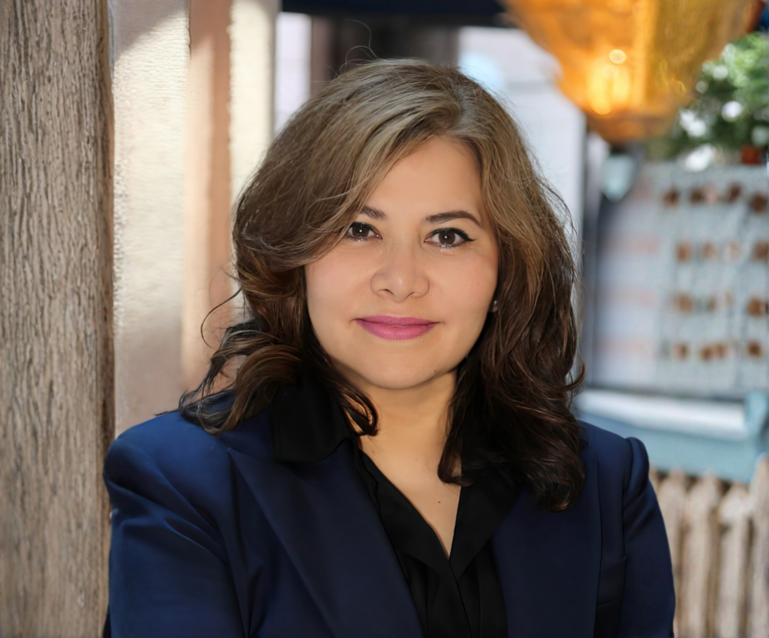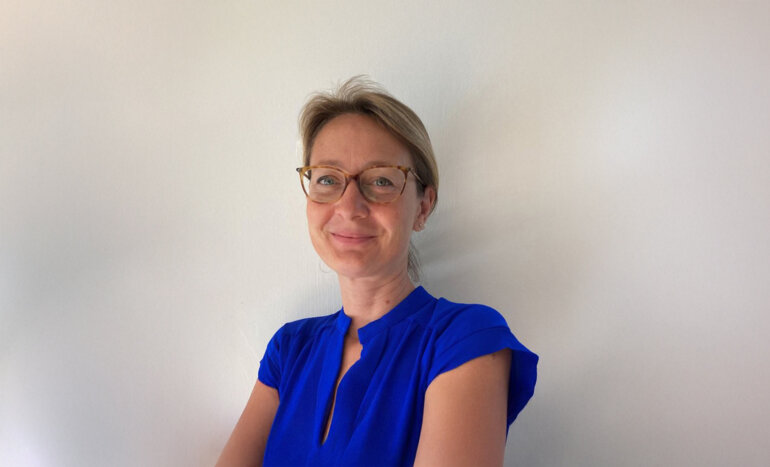Access to healthcare is a human right. However, across the world, people with cancer still struggle to access appropriate care and experience financial hardship due to medical care costs. By facilitating more equitable care and helping to provide effective, affordable high-quality care – at all stages of cancer – the United Nations Political Declaration on Universal Health Coverage (UHC) is a powerful policy tool that can turn the right to healthcare into a reality.As Chair of the ESMO Global Policy Committee, I know that ESMO has long embraced a sustainable cancer care – which reflects the ideal of UHC – and is drawing on its expertise in cancer management to support countries in its implementation. The Society added its voice to the call for comprehensive essential cancer services in national UHC health benefit packages at recent World Health Organisation (WHO) and United Nations (UN) meetings. But actions speak louder than words and ESMO has also developed pragmatic tools to help generate the change needed for countries to implement UHC.The ESMO/ASCO Recommendations for a Global Curriculum in Medical Oncology and ESMO’s Clinical Practice Guidelines are instrumental in developing the high-quality, well-informed workforce required to deliver optimal cancer care to growing numbers of cancer patients. In addition, the ESMO-Magnitude of Clinical Benefit Scale (ESMO-MCBS) by helping to prioritise the clinical value of cancer medicines allow savings which may contribute to delivering cost-effective and affordable cancer care. This tool has been acknowledged by the WHO as a way for facilitating the benefit assessment of cancer medicines proposed for inclusion in the WHO Model List of Essential Medicines.UHC is not a theoretical problem. It is a real issue that affects our everyday practice and the appropriate treatment of our patients. Healthcare professionals need to understand which cancer services are included in their country’s UHC health packages and how additional services can be added. That is why the Special Session – ‘Universal health coverage and cancer: What you and your country need to know’ (16.00 – 17.30, Salamanca Auditorium, Hall 3) held on Friday 27 September in Barcelona is a must-attend event for all cancer professionals. Speakers representing ESMO and the WHO will present findings from this week’s United Nations High-Level Meeting on UHC and delegates will learn not just about tools to help national cancer policy planning and prioritisation of cancer services in their own countries, but also about why investing in cancer makes sense morally and financially. Key is the message that UHC can be achieved with the commitment of governments and that all healthcare professionals bear the responsibility of ensuring that the UN Political Declaration on UHC is implemented at the national and regional levels.





